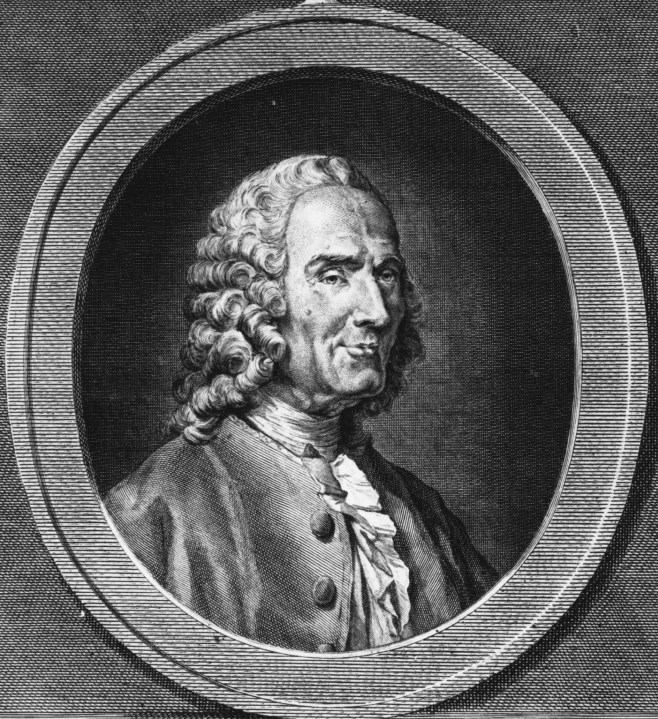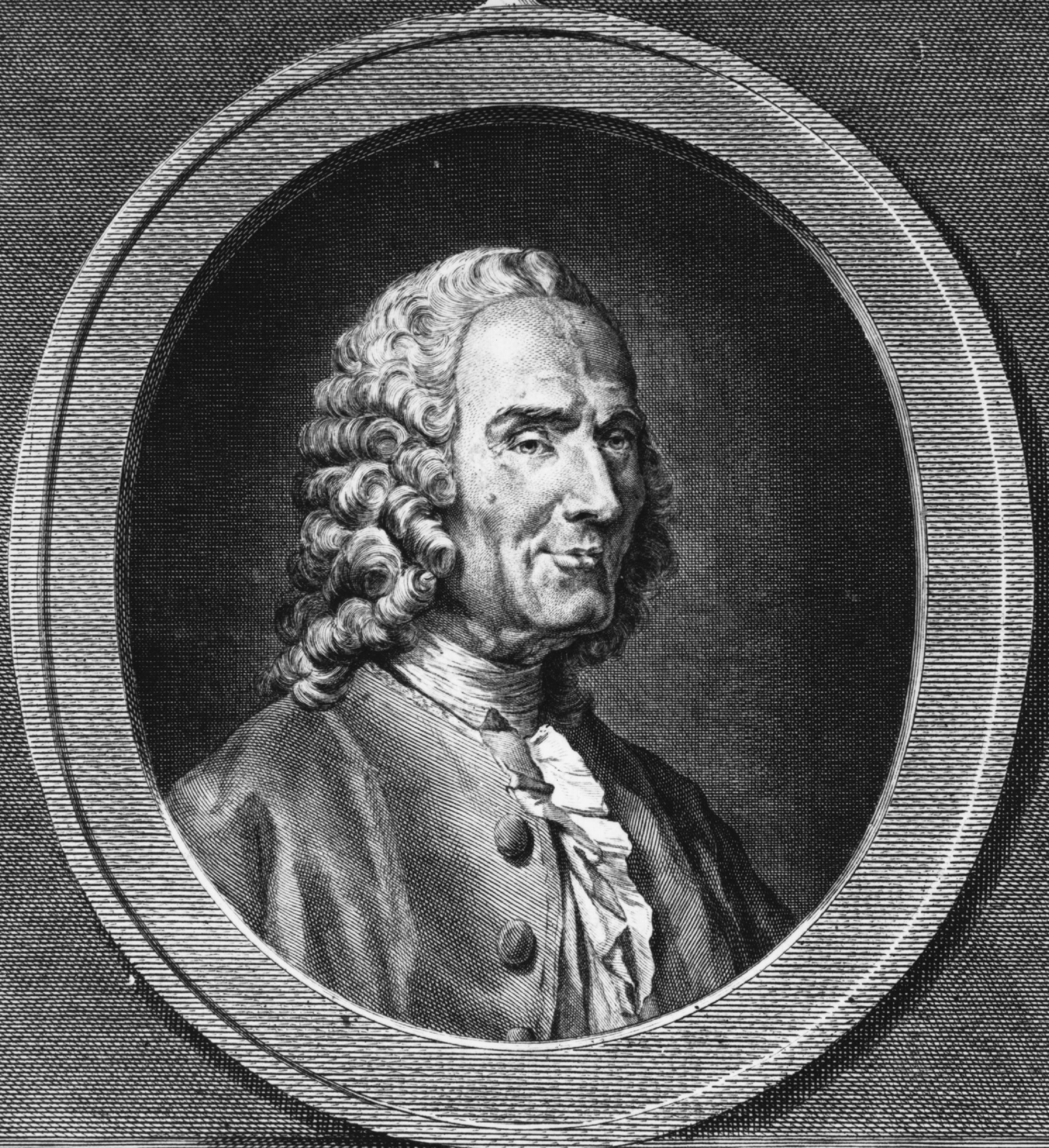The poor French. When we think of classical music, we always think of the Germans. It’s understandable. Instinctive. Ingrained. But unfair. We forget that most of the heavy lifting — most of the intrepid leaps forward in harmony, colour, rhythm and form — was done by the likes of Berlioz, Debussy and Boulez.
The most completely forgotten of these Gallic explorers is Jean-Philippe Rameau (1683–1764), who died 250 years ago this year. His operatic output, begun when he was 50 and comprising 30 works, is an acquired taste. I remember the exact moment I fell for him. The exact notes in fact. It was the opening aria of his one-acter Pigmalion. Three flutes, comforted by strings, sob in a corner. High above them, a tenor pierces the whimpering with an unbeatable piece of trembly vocalising. It’s knee-weakening stuff — one of the best curtain-raisers in all opera — and demonstrates why Rameau demands our attention.
He invented the French soundworld. In these few bars you hear what virtually every French composer has been obsessing over ever since: colour, melodic heartache and formal weirdness.
Pigmalion received its semi-staged UK première this October. Only 264 years late. And despite the performance being the product of an academic enterprise that meant there was a whiff of the lecture-room about it, there was life here, not just chin-stroking. It’s the hardest of Rameau’s operas to screw up dramatically, the story travelling in a straight line from desolation to dance. Even so, it was a straight line nicely followed.
Giving an outing to this little corker was long overdue. Elsewhere there were gaping holes. No Hippolyte et Aricie. No Castor et Pollux. No full productions of any operas at all. What kind of 250th anniversary was this? Instead programmers rooted around in the bottom drawer. We got semi-stagings (that were only semi-good) of three rather obscure opéra-ballets.
That said, even bottom-drawer Rameau is top drawer in the hands of William Christie and Les Arts Florissants. So effortless, so loving, was their way with their pastoral double, Daphnis et Églé and La naissance d’Osiris, it was easy to forget that most of what was going on around them in Sophie Daneman’s staging at the Barbican was twee piffle (see Dance for more). Alongside Pigmalion and Anacréon, Jonathan Williams and the Orchestra of the Age of Enlightenment gave us Zaïs, a five-act work with another crazily good opening, that lays out the whole of the Creation in vivid orchestral technicolour in just under 30 minutes. I had problems with all the ballet in all productions. I’m no expert on 18th-century dance. And perhaps what they were offering up was spot-on Louis Quinze. But to me it looked like glorified walking. Sylvie Guillem might have been able to pull it off. But without the very finest dancers, the authenticity of it all felt dubious. Do we really suppose the dancing at the French court was so timid? So undernourished?
There are, to be fair, an unreasonably large number of pitfalls when it comes to putting on Rameau. Sourcing decent hautes-contre (high-lying tenors) is one. The best was a stunning cameo from a wriggly Gwilym Bowen in Zaïs. The best of the rest was Anna Dennis, who ravished in several roles across three different operas, peaking in a searing rendition of the outrageously fine aria ‘Tendre Amour’ in Anacréon.
‘This man will eclipse us all,’ wrote composer André Campra on hearing Rameau’s debut. Never has a prophecy been so wrong. They all eclipsed him. Rameau’s reputation barely made it to the end of the 18th century. Since then interest in Rameau has ebbed and flowed. Anniversary celebrations have kept him in the picture. It’s been God’s way of tapping us on the shoulder: are we sure we don’t want to give him a second chance?
And what of Rameau the man? Well, he caused at least two major rifts while going about his cantankerous business in the court of Louis XV. Rifts that quite quickly outgrew their operatic origins and became a proxy for political reformers to attack the givens of the ancien régime and begin the march to revolution. He also made Jean-Jacques Rousseau cry. Weep, in fact, like a baby. Music is not the only reason to be interested by Rameau. But it is the chief reason.
Anniversaries can be double-edged affairs. Even composers you admire can become unbearable once you’ve been forced to endure every last scrap they ever wrote. With Rameau, the more you hear, the more there is to love.







Comments